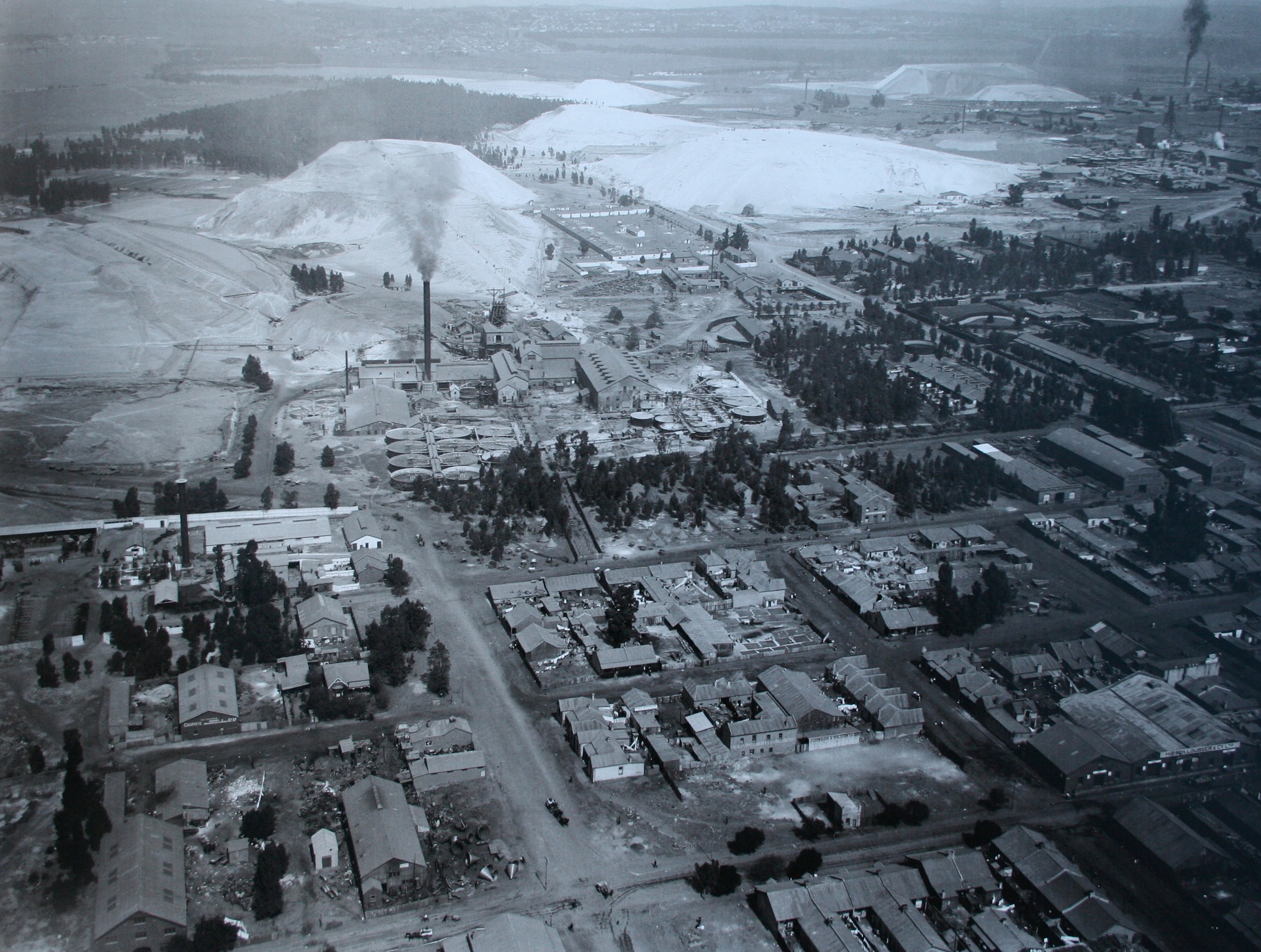|
Customary Law In South Africa
South African customary law refers to a usually uncodified legal system developed and practised by the indigenous communities of South Africa. Customary law has been defined as an established system of immemorial rules evolved from the way of life and natural wants of the people, the general context of which was a matter of common knowledge, coupled with precedents applying to special cases, which were retained in the memories of the chief and his councilors, their sons and their sons' sons until forgotten, or until they became part of the immemorial rules. Most African states follow a pluralistic form of law that includes customary law, religious laws, received law (such as common law or civil law) and state legislation. The South African Constitution recognizes traditional authority and customary law under Section 211. A ruling under '' Bhe v. Magistrate, Khayelitsha'' specified that customary law was "protected by and subject to the Constitution in its own right." Customary la ... [...More Info...] [...Related Items...] OR: [Wikipedia] [Google] [Baidu] |
Codification (law)
In law, codification is the process of collecting and restating the law of a jurisdiction in certain areas, usually by subject, forming a legal code, i.e. a codex (book) of law. Codification is one of the defining features of civil law jurisdictions. In common law systems, such as that of English law, codification is the process of converting and consolidating judge-made law or uncodified statutes enacted by the legislature into statute law. History Ancient Sumer's Code of Ur-Nammu was compiled ''circa'' 2050–1230 BC, and is the earliest known surviving civil code. Three centuries later, the Babylonian king Hammurabi enacted the set of laws named after him. Important codifications were developed in the ancient Roman Empire, with the compilations of the Lex Duodecim Tabularum and much later the Corpus Juris Civilis. These codified laws were the exceptions rather than the rule, however, as during much of ancient times Roman laws were left mostly uncodified. The firs ... [...More Info...] [...Related Items...] OR: [Wikipedia] [Google] [Baidu] |
Transvaal Colony
The Transvaal Colony () was the name used to refer to the Transvaal region during the period of direct British rule and military occupation between the end of the Second Boer War in 1902 when the South African Republic was dissolved, and the establishment of the Union of South Africa in 1910. The borders of the Transvaal Colony were larger than the defeated South African Republic (which had existed from 1856 to 1902). In 1910 the entire territory became the Transvaal Province of the Union of South Africa. History Both the Boer republics, the South African Republic (ZAR) and the Orange Free State were defeated in the Anglo-Boer War and surrendered to the UK. The peace treaty (Treaty of Vereeniging) contained the following terms: # That all burghers of the ZAR and Orange Free State lay down their arms and accept King Edward VII as their sovereign. # That all burghers outside the borders of the ZAR and Orange Free State, upon declaring their allegiance to the King, be transpo ... [...More Info...] [...Related Items...] OR: [Wikipedia] [Google] [Baidu] |
.jpg)
